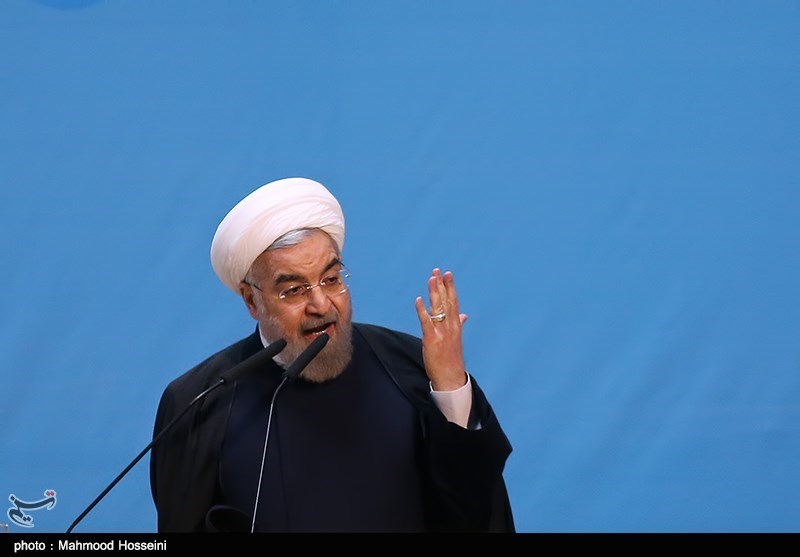 TEHRAN ��Iran�s president said Sunday that he might invoke a powerful but neglected tool in his fight with hard-liners, suggesting the possibility of organizing direct referendums that would bypass the institutions the conservatives control and give more of a voice to Iranian voters.
TEHRAN ��Iran�s president said Sunday that he might invoke a powerful but neglected tool in his fight with hard-liners, suggesting the possibility of organizing direct referendums that would bypass the institutions the conservatives control and give more of a voice to Iranian voters.President Hassan Rouhani, speaking during a conference on the country�s economic problems, said that Iranians were entitled to have major issues put to a nationwide vote, as described in the 1979 Constitution.
�It will be good to, after 36 years, even for once, or even every 10 years if we implement this principle of the Constitution, and put important economic, social and cultural issues to a direct referendum instead of to the Parliament,� Mr. Rouhani said.
In the opaque world of Iranian politics his remarks are a clear warning to hard-liners, who control the Parliament, key decision-making councils, the state-run media, the security forces and the intelligence services, but who have a shrinking base of support in the country.
The last time their candidate won a presidential election, in 2009, angry middle-class Iranians accused the government of fraud and took to the streets for months in protest. At the time, the protest movement�s unofficial leader, former Prime Minister Mir Hussein Moussavi, also called for organizing a direct referendum. He has been under house arrest since 2011.
Any popular referendum would be troubling to hard-liners because it would be likely to produce results reflective of the changes in Iranian society. These days, most Iranians are urbanized, according to official figures, and seemingly less interested in the radicalism promoted by some Iranian leaders. Because most Iranians are not allowed to organize themselves, or to form parties or even social groups, their opinions are often muffled by official ideological pronouncements and propaganda.
�The president is threatening the hard-liners that he is not afraid to use such a powerful tool,� said Farshad Ghorbanpour, a political analyst close to the government. Mr. Ghorbanpour said that most people supported the president�s desire for change, and that a referendum would reflect that.
�If hard-liners, for instance, want to disagree with a nuclear deal, Mr. Rouhani could call for a referendum, putting a potential deal before a nationwide vote,� he said.
While the hard-liners control Parliament, and a referendum would have to be approved by two-thirds of the lawmakers, just by proposing such a measure Mr. Rouhani would put enormous pressure on his opponents.
�If they would say no to a referendum proposed by the government, it would mean they would say flat out no to the people,� Mr. Ghorbanpour said.
On Sunday, though, hard-liners seemed unfazed by Mr. Rouhani�s threat. �The president is simply trying to keep the people�s minds preoccupied with new ideas,� said Hamid Reza Taraghi, an analyst with close ties to the conservative coalition of Shiite clerics and commanders. �In reality it is not easy at all to organize a referendum.�
In another jab at his rivals, Mr. Rouhani repeated his criticism of organizations controlled by hard-liners that engage in often very lucrative economic activities but refuse to pay taxes.
�Everyone should pay taxes,� Mr. Rouhani said. �This government, without being afraid of anybody or any institution, will tell the story to the people when it is about people�s interests.�
This article was written by�Thomas Erdbrink for The New York Times on JAN. 4, 2015. Thomas Erdbrink, one of the few Western reporters accredited for U.S. media in the Islamic Republic of Iran, joined The Times in 2012 as Tehran bureau chief.
The Iran Project is not responsible for the content of quoted articles.










